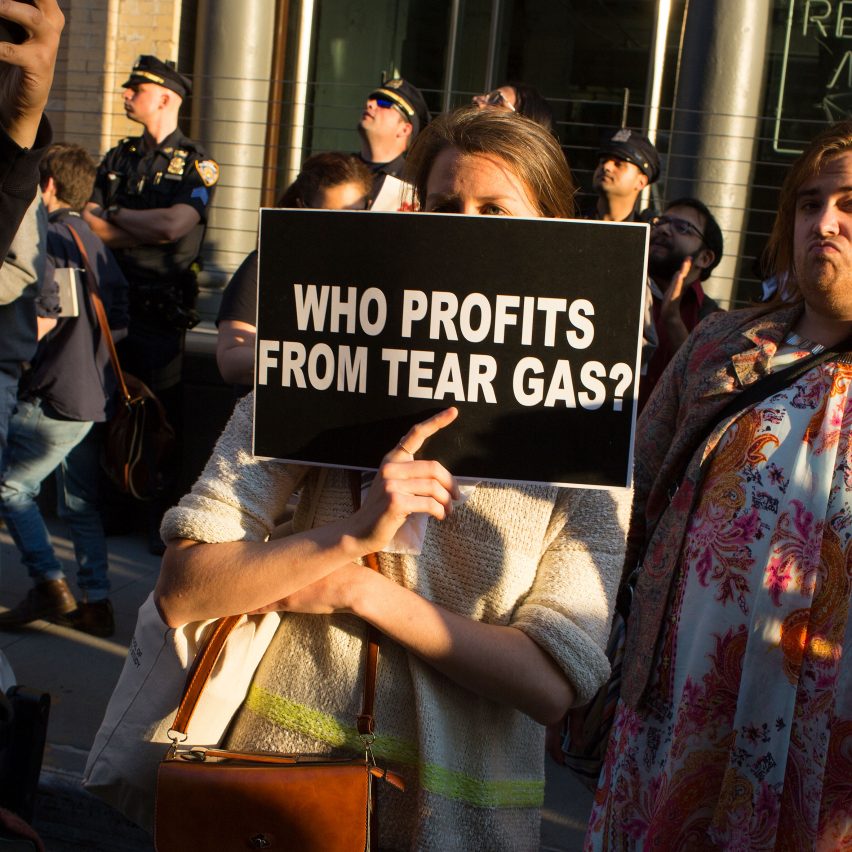"The traditional model of philanthropic support is an ongoing act of self-harm"

In the wake of recent controversies surrounding the funding of major institutions ? dubbed "toxic philanthropy ? we must rethink the system for supporting culture, says Forensic Architecture researcher Robert Trafford.
When the 2019 Whitney Biennial drew to a close in September, the show had lived up to its reputation as unfailingly controversial. A storm that began at the Tijuana-San Diego border swept through New York, forcing Warren B Kanders, owner of a leading tear gas manufacturer, to resign his position on the Whitney's board.
We are in an inclement season for philanthropy; a separate storm recently engulfed MIT's Media Lab, precipitating the resignation of director Joichi Ito over the alleged hidden extent of the institute's relationships with Jeffrey Epstein. In London, leading theatres are backing away from fossil fuel money. The Sackler Foundation has put away its tainted chequebook altogether. In the aftermath of these controversies, there is an opportunity to take the first steps on a difficult road. It will have to start with an admission: the traditional model of philanthropic support, which makes our foremost institutions of innovation, heritage, and cultural memory dependent on extractive capital, is an ongoing act of self-harm. We must not miss the opportunity to explore how we can reduce the dependence, and replace the model. And while individual practitioners can drive this change, there is a defining role waiting to be played by an institution tha...
| -------------------------------- |
| Watch our talk with Marshalls about building sustainably with brick | Talks | Dezeen |
|
|
Villa M by Pierattelli Architetture Modernizes 1950s Florence Estate
31-10-2024 07:22 - (
Architecture )
Kent Avenue Penthouse Merges Industrial and Minimalist Styles
31-10-2024 07:22 - (
Architecture )






